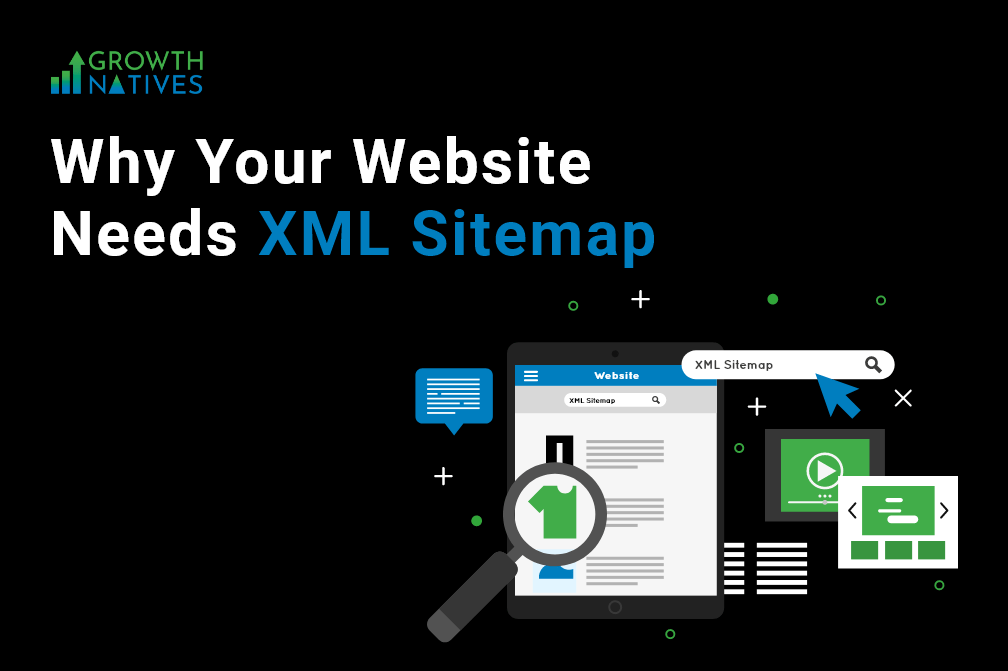
Messy SEO – Improving Site Structure As Google’s Title Tag Change Affects CTRs
By Sakshi Arora
Jan 10, 20225 min read
Using MarTech's new domain, Messy Search Engine Optimization (SEO) is a feature that covers the fundamentals of unprocessed activities and tasks involved in auditing, planning, and optimization of websites. A messy SEO strategy allows you to work on a particular strategy that revolves around advertising and producing unique content material to enrich the search engine results for MarTech.
The SEO Update Fallout
Google’s algorithm change is not news for marketers. Since August 2021, the SERP title change has impacted MarTech’s website and landing pages a lot. It led to the removal of extraneous alt text from their site header logo, changing the title link to “MarTech is Marketing Logo.”
The MarTech team tried every possible theory from the book to resolve the issue, but it did not move an edge. For instance, it was submitting the page through Google Search Console, including updating meta titles and hyperlinks to see if anything had changed or been adjusted.
The Journey to Title “What is MarTech? MarTech is Marketing”
Since the update, the MarTech team has been trying every possible way to ensure that the search engine displays the desired title. So, from the already existing title to the one Google updates, MarTech came up with several titles, where one of those were – “What is MarTech? … This is MarTech.” However, soon the MarTech’s digital marketing team realized reading the context of the Meta title tag would be tricky for Google in order to display it for the keyword search query. Thus, MarTech’s team decided to tweak the title to highlight (in brief) the topic on the web page.
After digging deep into the SEO practices and crafting new ways, MarTech’s hard work paid off, as Google finally updated the meta title tag to their selected title “What is MarTech? MarTech is Marketing.”
However, only after carefully evaluating the effects of the original change on MarTech search performance, they noticed the real impact of the SERP title change.
In early November 2021, there was a major reduction in the organic clicks to the page shown above.
The efficiency and competency of MarTech's web pages were severely harmed due to the changes. When they compared the time the change first took place to when the title tag change was noted, MarTech discovered that total page clicks plummeted by 41% and the CTR was 1.7% down from 3.1% earlier.
When Google modified the meta title of the web pages, an increase in the proportion of hits to the web pages was observed. However, MarTech is still responsible for monitoring and reporting changes and variations in the click-through rate.
Site Structure Issues
Apart from the title tag disputes, another concern that Marketing Land and MarTech Today's merger brought was Google's specially designated site links connections for the MarTech category.
Google appears to consider MarTech's key websites to be far more critical than MarTech's priority level, which is why the associated feeds to store for all of MarTech's information and content is maintained. Though talking about MarTech’s team, they consider Mission Page the most important, and other pages play a secondary role to the main where the ones designed at the bottom are considered most relevant.
What does this dispute suggest? Looking at the way Google is prioritizing pages, it only shows that using a horizontal website layout/structure isn't always the best technique to persuade Google to recognize the order and placement of the web pages.
So, to comprehend, it shows that because their content is published through Marketing Land and MarTech Today, a website like MarTech needs to deal with many yearly and annual notifications. Moreover, as a result of multiple warnings, Google considers that the pages connected to them are likewise essential.
Providing Site Structure Signals to the Search Engine
The best way to address and solve the site structure signal problem is to ensure that any fresh warnings sent out in the future contain accurate information about the site's layout. MarTech has utilized a few ways to offer Google a more transparent and more compelling picture of the alerts:
Adding Breadcrumbs to Articles
MarTech integrates breadcrumb hyperlinks with each article on the web page to help Google and searchers understand more about the site's structure.
Adding Content on Top of Web Page
To emphasize the importance of the key and crucial information regarding the topic and categories, MarTech will place content at the top of the web pages.
Adding Internal Linking to Web Pages
MarTech provides an internal connection between the content, hyperlinks, and breadcrumbs to provide the extra and needed content.
Final Takeaway
All in all, Google's changes to website Meta title tags has had a severe impact on the usage of MarTech’s websites and webpages, as well as the replacement of a cluster of information and material from their designated locations to other inside SERPs and webpages, has resulted in a decrease in their importance.



